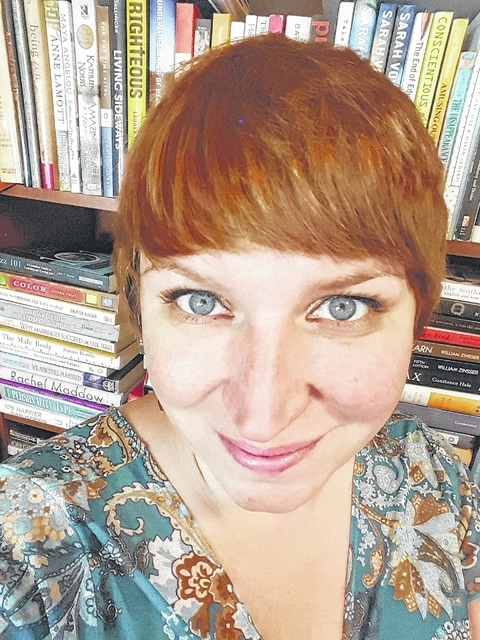
In Genesis 12, a man named Abram in the city of Harran heard God calling. God promised to make him into a great nation, and that all peoples on earth would be blessed through him.
So, Abram left his country, his people, and his father’s household to become a wandering nomad in search of a home for himself and his wife Sarai.
God fulfilled this promise. In their old age, Abraham (née Abram) and his wife Sarah (née Sarai) were given a son, Isaac. His name means ‘laughter,’ and he was named that because his mother laughed at the idea that she would bear a child so late in life and because he brought laughter into their household. This is the beginning of the line of Israel, through which Jesus came as a blessing for all people on earth.
In the middle of all this, though, is a woman whose story is sometimes fo rgotten: Hagar.
Hagar was an Egyptian slave woman owned by Sarai. As a slave, she was profoundly vulnerable. Her normal tasks may have included tending animals, or cooking, or cleaning, but when Abram and Sarai decided to “help God out” by using her to produce the child that God had promised, Hagar didn’t have the option to say no. Sarai gave her to Abram, Abram used her, and she became pregnant.
Can you imagine yourself, for a moment, in Hagar’s sandals? She’s ashamed and frightened, about to bear a child in a world that’s set against her. With no protection available to her, she makes a wild gamble: she flees, alone, into the desert.
There, the angel of the Lord comes to her. This slave woman without earthly status receives a similar promise to Abraham’s, that her descendents will be too numerous to count. Hagar, in turn, becomes the only person in the Bible with the audacity to name God. She calls God ‘El Roi,’ which means ‘the God who sees me.’
Hagar, as a human being deserving of respect, is invisible to all the other human characters in this story. In God’s eyes, though, Hagar is seen. Hagar is valued and given a promise of her own.
So, two thoughts for you, friends, as you head into your weekend:
1) Do you know that you are seen? I mean, sure, you know that you aren’t physically transparent. Think about it more deeply, though: Do you know all the way down in your tired bones that you have not been forgotten?
What’s more, do you know that you are seen with love? The God who sees Hagar desperate and thirsty in the desert does not see her as the sum total of the mistakes she has made and the scars that she bears. God sees her, instead, as a child to be given a blessing.
2) Who are you willing to see? Are there Hagars in your world- people you are perhaps using as tools, people whose humanity is not fully visible to you? What could you do today to see them more clearly?
As we grow in holiness, we learn not to see people (including ourselves!) as the world sees us. We learn, instead, to see people as deeply important, as worthy of protection, as beloved children to be invited into a life of promise.
Julie Rudd is pastor of Wilmington Friends Meeting.


